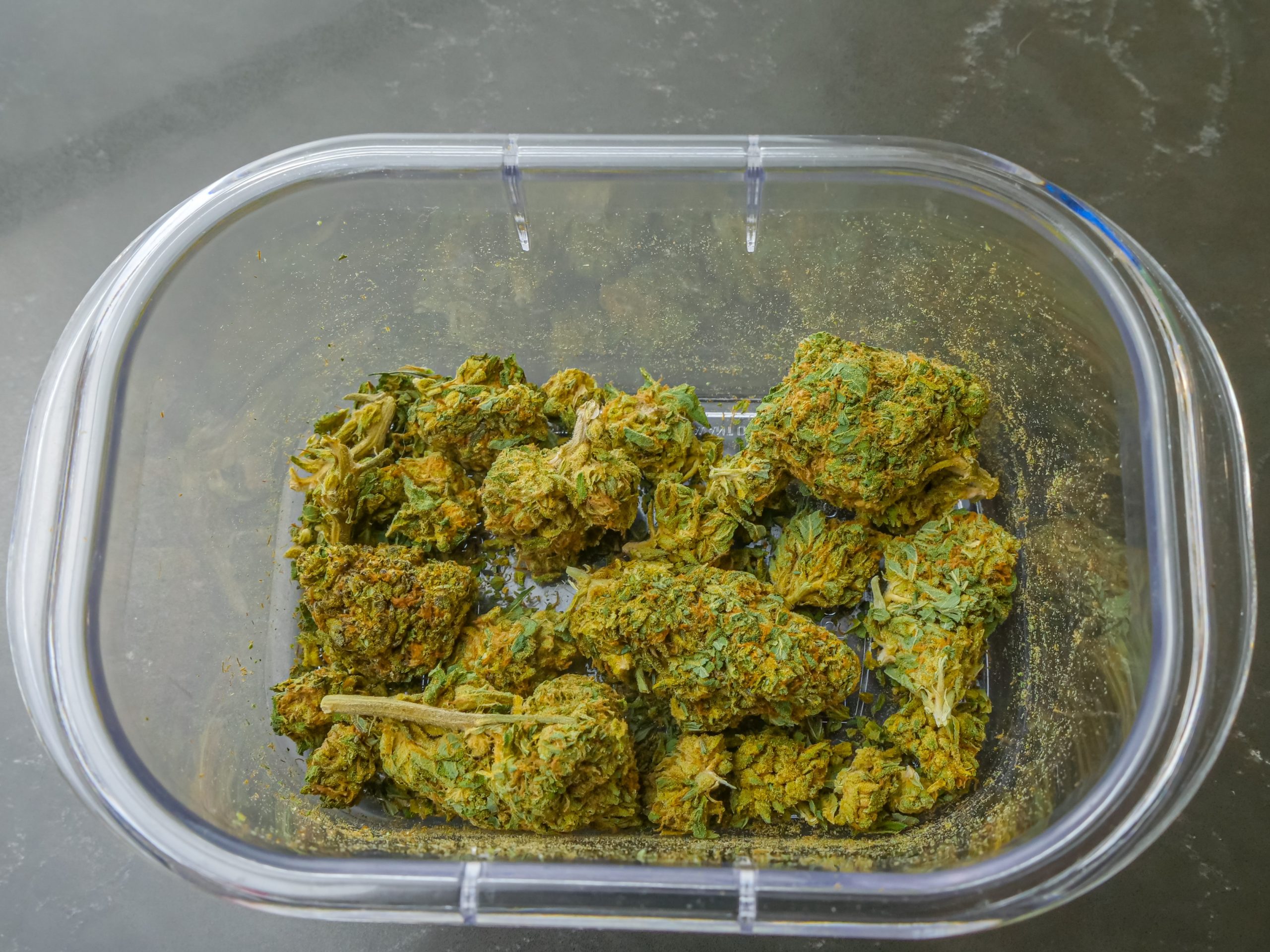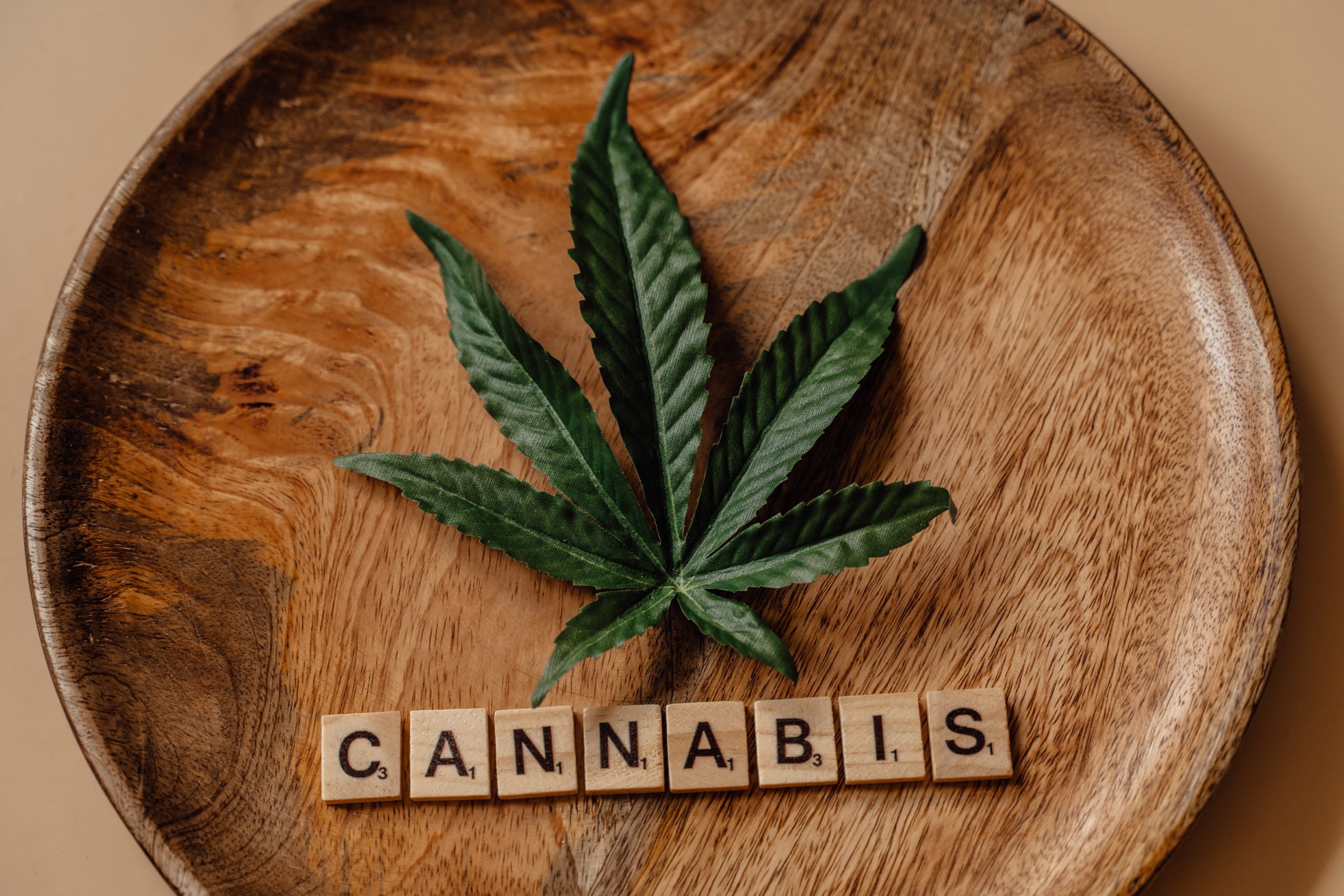
California’s legal marijuana industry is facing significant challenges, with high taxes and regulatory obstacles driving entrepreneurs towards the illicit market, according to the state’s Attorney General Rob Bonta. In a recent event held in Fresno, Bonta highlighted the excessive barriers to entry and operational costs as major roadblocks for businesses operating within the legal framework. He suggested that temporary tax reductions could be beneficial to ease the burden on legitimate operators.
Bonta emphasized the need to reduce the regulatory burden for compliant businesses while focusing efforts on combating the illicit market that undermines them. He unveiled a new initiative aimed at assisting local jurisdictions in addressing illegal marijuana activities through administrative enforcement and nuisance abatement. He expressed concern over the persistence of fly-by-night operators evading legal requirements and taxes, undermining the regulated industry’s integrity.
The newly introduced program, known as the Cannabis Administrative Prosecutor Program (CAPP), is designed to support cities and counties in their efforts to combat illegal cannabis activities. Fresno became the first city to participate in CAPP, receiving legal support from the California Department of Justice (CADOJ) to pursue administrative actions against illicit operators. The initiative aims to encourage voluntary shutdowns of illegal operations and, if necessary, enforce cessation through legal means, while recovering enforcement costs.
Attorneys provided by CAPP will collaborate with local authorities to implement administrative sanctions and expedited enforcement procedures. The program aims to be self-funded, with costs recovered through fines, administrative orders, settlements, and abatement liens. Bonta highlighted that any surplus funding generated through the program will be retained by the participating city.
Bonta also explained that administrative actions are more favorable than criminal penalties for low-level offenders. By utilizing the administrative process, officials can effectively address non-compliance without treating minor offenders as criminals, ultimately supporting the licensed cannabis industry.
The attorney general’s support for legislative measures such as AB 1684, aimed at empowering local governments to impose fines on unlicensed cannabis activities, further demonstrates his commitment to addressing the issue.
The challenges facing California’s legal marijuana industry are multifaceted. High startup and operational costs contribute to the presence of illegal grow sites. Additionally, many jurisdictions within the state prohibit legal cannabis businesses, creating demand for illicit products due to limited access to regulated options. To counter this, California regulators have initiated grants to expand retail access to underserved areas, thereby reducing the demand for illegal products.
Addressing health and safety concerns associated with unlicensed products, Bonta highlighted the environmental risks posed by illegal cannabis operations. Such operations often disregard environmental laws and utilize prohibited pesticides, contributing to ecological degradation. This issue gained attention when the U.S. Fish and Wildlife Service linked illegal pesticide use in California’s marijuana cultivation to the endangerment of spotted owl species.
In an attempt to curb the illicit market, California eliminated its cannabis cultivation tax. However, the state is also exploring avenues for expanding its legal cannabis market beyond its borders. Regulators have sought legal guidance to determine whether interstate cannabis commerce would expose the state to federal enforcement actions. This move aligns with Governor Gavin Newsom’s aspiration to federally legalize marijuana, enabling California to supply legal cannabis products nationwide.
California’s legal marijuana industry is grappling with significant challenges, including high taxes and regulatory hurdles. Attorney General Rob Bonta’s initiatives, such as the Cannabis Administrative Prosecutor Program, demonstrate the state’s commitment to addressing these issues and supporting compliant businesses. The complex interplay between legal and illicit markets, coupled with environmental concerns, calls for a comprehensive and balanced approach to ensure the success and integrity of California’s legal cannabis industry.
Source: Marijuana Moment
EXPLORE MORE NEWS
Newsletter




